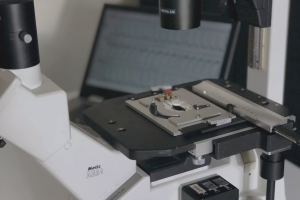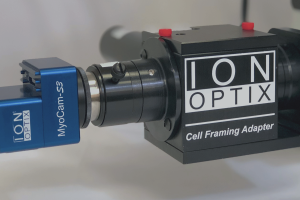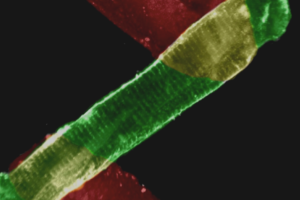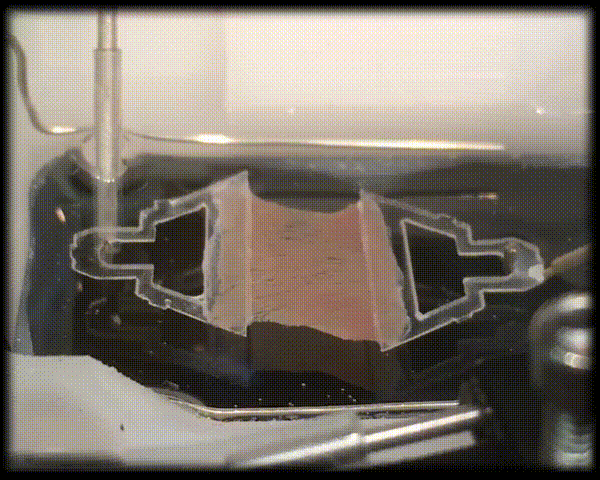ON-DEMAND WEBINAR
Understanding Advanced Cardiac Tissue Slice Applications
View on-demand: join us to understand how the IonOptix Cardiac Slice System can be used to complement and improve upon traditional cardiac investigations.
Cardiac slices better preserve the structure, function, and biochemical properties of the in situ heart when compared to other model systems, including isolated cardiac myocytes and other intact tissue preparations, while allowing for a wider range of experimentation than whole heart. Additionally, cardiac slices can be prepared from both animal and human tissue, suggesting that data will translate better from the bench to the clinic.
In this webinar, the speakers build off the previous IonOptix webinar introducing the cardiac slice preparation to explore specific applications that are well-suited to cardiac slices and the IonOptix Cardiac Slice System. Specifically, Dr. Palmer shows investigations utilizing cardiac slices to highlight the effect of myosin ATPase inhibition on the Frank-Starling relationship, and Dr. Caporizzo demonstrates the relationship between microtubule network remodeling and diastolic stiffness/dysfunction. Additionally, Dr. Lee demonstrates explores engineered heart tissue as an alternative to the cardiac slice preparation.
Key Topics Include:
Acquiring work loops in cardiac slices
Visualizing the Frank-Starling relationship in cardiac slices
Using cardiac slices to understand the molecular mechanisms responsible for cardiac stiffening
How to acquire work loops in engineered heart tissue
About the speakers:
Dr. Bradley Palmer’s professional activities have focused on original research demonstrating the molecular basis of cardiac muscle relaxation function. His focus is on two areas: myofilament basis of muscle dynamic stiffness and zinc-dependent alterations in calcium regulation.
Dr. Matthew Caporizzo’s Lab studies the mechanics of heart failure with particular emphasis on understanding the molecular mechanisms that stiffen the heart and how the heart’s stiffness influences its function in health and heart disease.
Dr. Benjamin Lee is currently a cardiology fellow at the University of Pennsylvania. He received his MD/PhD from Columbia University in biomedical engineering. He is fascinated by beating heart tissues and is using 3-dimensional systems to better understand and target mechanical dysfunction in the heart.










